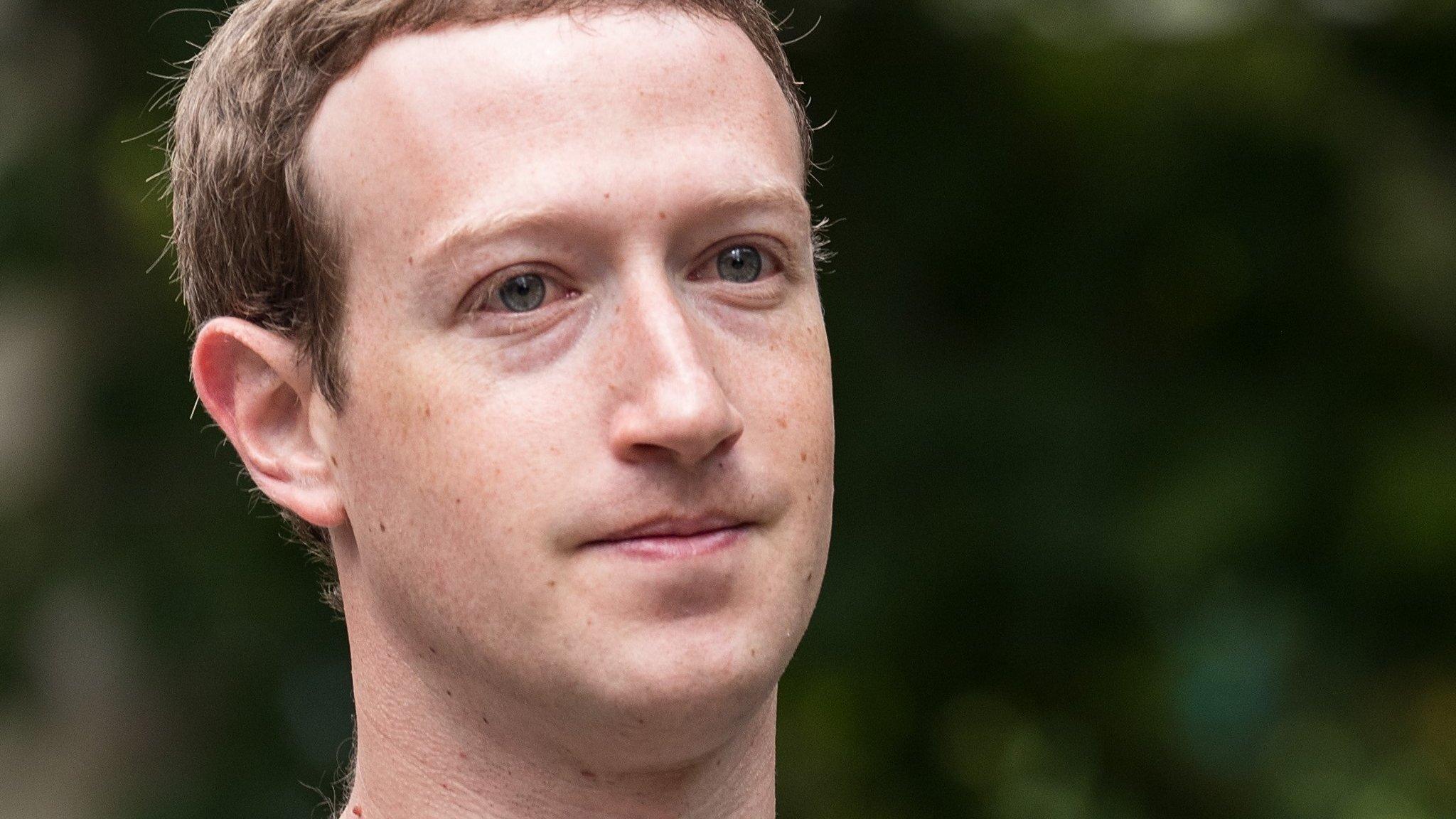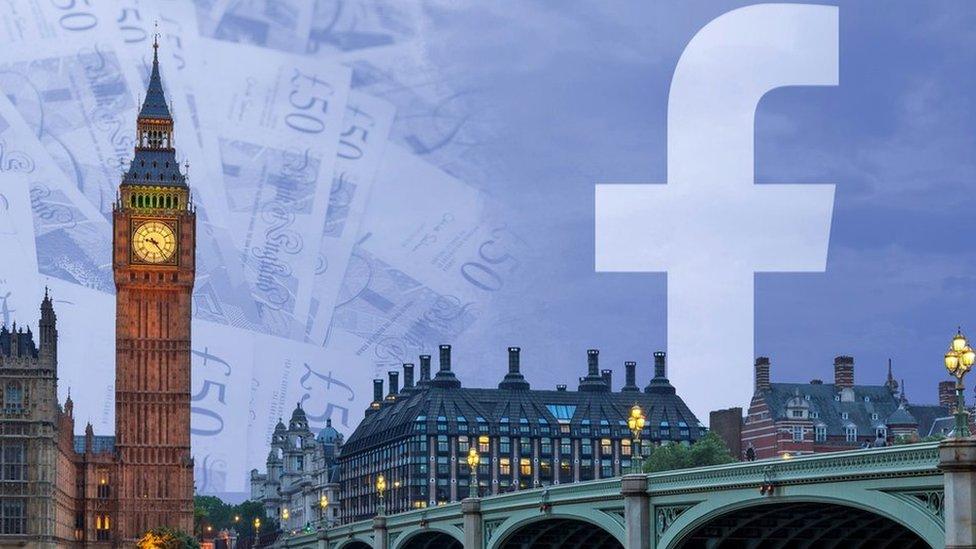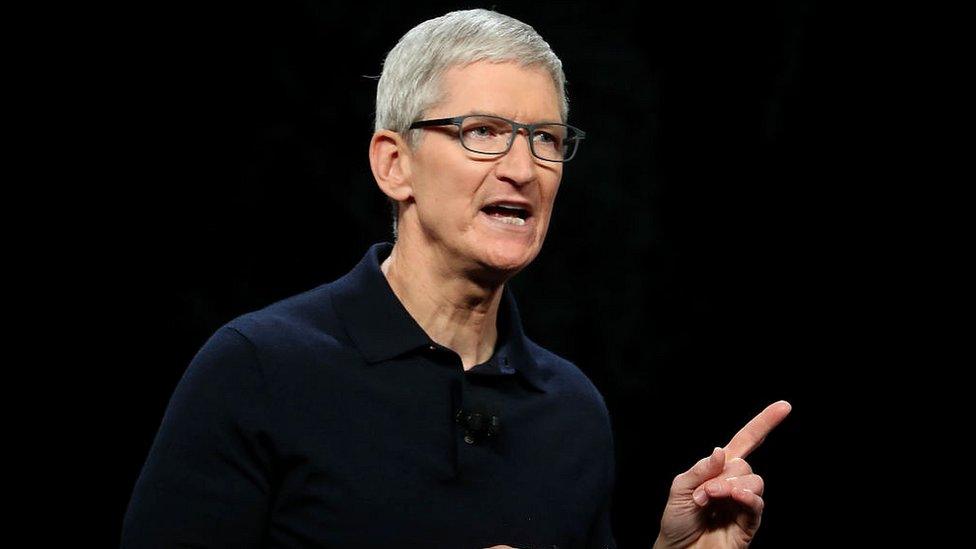'Unacceptable' tech firm action on privacy
- Published

Culture committee chairman Damian Collins has described tech firms' lack of action on privacy as "unacceptable".
He also accused companies of shifting "superficially" but only "for the benefit of their own PR".
Mr Collins is to lead a sub-committee of MPs to probe "threats posed by disinformation to democracies".
Facebook founder Mark Zuckerberg has said he wants his company to become "privacy-focused".
An 18-month long inquiry into fake news by the culture committee found that Facebook founder Mark Zuckerberg failed to show "leadership and personal responsibility" over fake news.
The inquiry began in September 2017 and culminated in a final report released in February.
The newly established sub-committee will build on the inquiry - which looked into the effects of social media on society; Facebook's handling of users' data; and how the official Brexit campaigns broke electoral law during the 2016 EU referendum.
Mr Collins said: "As we stated at the time, our report on disinformation and fake news was not the final word on the matter.
"We believe that there's a strong public interest in establishing the sub-committee to continue probing ongoing threats posed by disinformation to democracies, a threat that hasn't disappeared with the end of our inquiry.
"We look forward to continuing the highly important work that we have begun.
"Since beginning our investigations, tech companies have only shifted superficially in their approach to privacy, and only for the benefit of their own PR.
"It's unacceptable and we must keep up the pressure for them to shift their approach to ensure people and their rights are protected."

What did the fake news inquiry call for?
A compulsory code of ethics for tech companies, overseen by an independent regulator
The regulator to be given powers to launch legal action if companies breach the code
The government to reform electoral laws and rules on overseas involvement in UK elections
Social media companies to be forced to take down known sources of harmful content, including proven sources of disinformation
Tech companies operating in the UK to be taxed to help fund the work for the Information Commissioner's Office and any new regulator set up to oversee them

Facebook has said it is making progress tackling fake news - pointing to external research that suggested the amount of fake news shared on its platform was decreasing., external
Last month Mr Zuckerberg said he wanted Facebook to become a "privacy-focused" social network.
In a blog, he wrote that the company was exploring adding end-to-end encryption to its messaging services and reducing the "permanence" of content posted on the site.
Damian Collins will sit as chair of the new sub-committee and the members will be made up of MPs who already sit on the culture committee.
The sub-committee will hold evidence sessions in May with Culture Secretary Jeremy Wright and Information Commissioner Elizabeth Denham.
- Published2 April 2019
- Published7 March 2019

- Published19 December 2018

- Published4 January 2019
- Published18 February 2019

- Published24 October 2018
